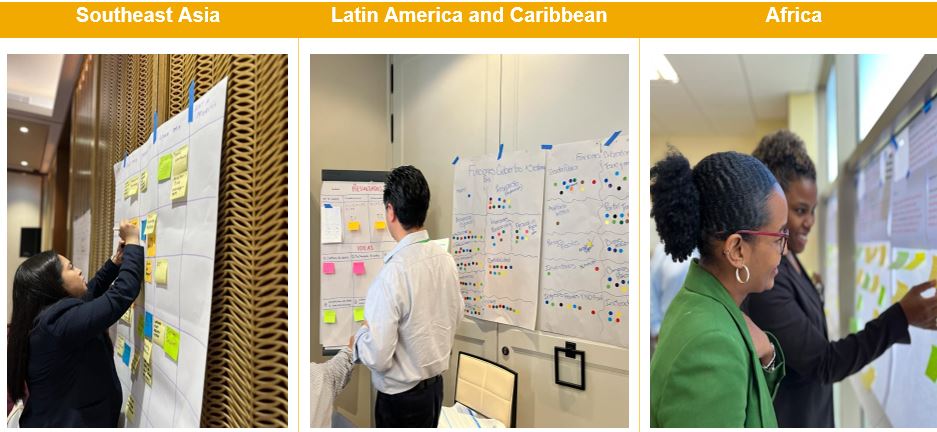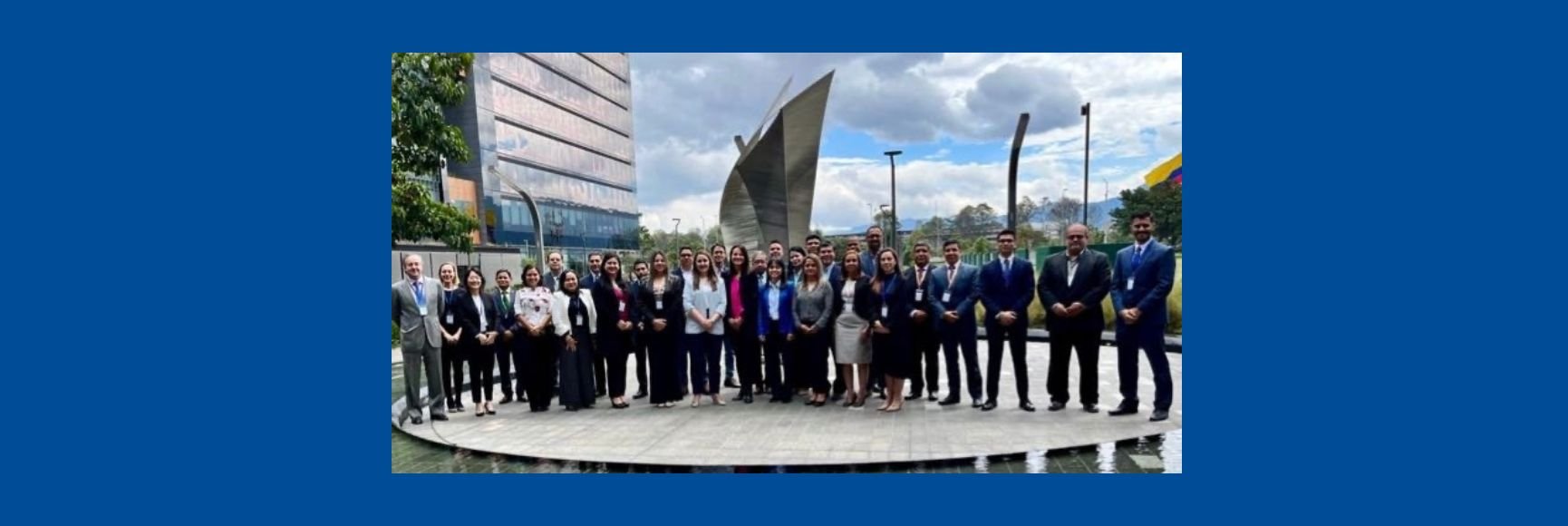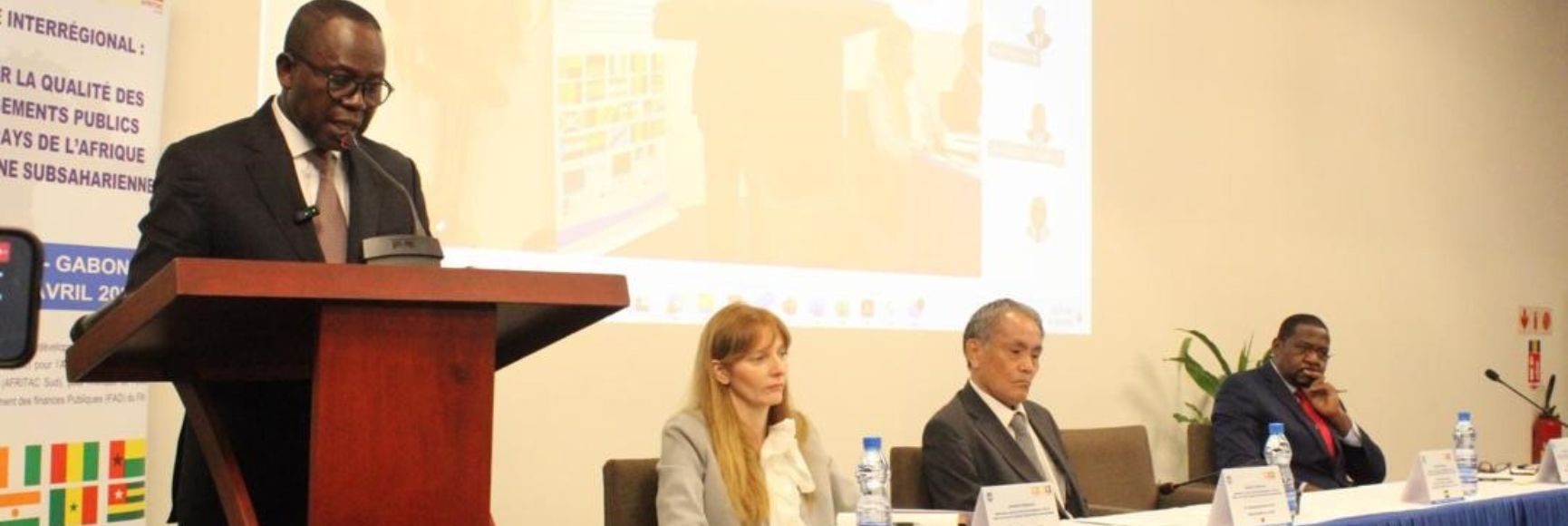Digitalization can reduce costs, enhance existent business processes, and redefine the design of new processes to enhance public sector performance including for public financial management (PFM) systems. Yet, many countries still face challenges in reaping the full potential of digital technologies. To support policy makers in implementing and modernizing digital solutions in the PFM area, the IMF’s Fiscal Affairs Department (FAD) is providing technical assistance and capacity development for digital solutions in PFM.
FAD held three regional workshops to support government officials in assessing an existing PFM IT system and preparing roadmaps for its development and/or improvement. At least two participants from each country were invited, including one functional administrator (e.g., from the budget or accounting department) and one IT administrator (e.g., from the IT department), to create a bridge of understanding across the two areas. The Digital PFM workshops gathered more than 70 participants from 30 countries in the Asia Pacific, Latin America, and Africa regions.[1] These workshops were jointly funded by the Bill and Melinda Gates Foundations and the Swiss State Secretariat for Economic Affairs (SECO).
Before each workshop, participants were asked to complete a survey and indicate the strengths and weaknesses of their systems. Survey results revealed that the most significant challenge across all regions (27 countries) was the lack of connectivity or interoperability between IT systems. Other main challenges highlighted by the survey results include cybersecurity concerns and the failure of systems to evolve along with the needs of users(selected by 20 and 19 countries, respectively).
The workshops provided an opportunity for participants to discuss these issues with experts from the IMF and other organizations including the GovStack and the Digital Public Goods Alliance, and with regional counterparts. These workshops were highly interactive, allowing participants to present their country cases, conduct self-assessments, brainstorm with their regional counterparts, and work with their partner officials to develop an action plan for designing or updating their systems.

The Digital PFM workshops were based on the Digital Solutions Guidelines for Public Financial Management, which present a holistic approach and comprehensive framework for successful digitalization of PFM using three pillars: (i) Functional, referring to how digital solutions are used to support a business process; (ii) IT Architectural, denoting the attributes of the underlying technology; and (iii) Governance and Management, including the legal and institutional aspects. Post-workshop surveys showed that this framework resonated with the participants, who understand from first-hand experience that successful PFM digitalization requires a holistic approach that considers all three perspectives.
All 30 countries left the workshop with a roadmap containing a set of short, medium and long-term priorities in each of the three pillars. Many participants strongly agreed that the workshops contributed to helping them develop their next steps, which may involve integrating their roadmap into broader country reform plans. They also expressed interest in delving more deeply into topics covered by the Guidelines and the workshops, such as data governance, data-driven decision making, and digital stack initiatives. Clearly, there is further work to be done—and exciting opportunities to be taken—in the digital PFM agenda. The IMF’s Fiscal Affairs Department stands ready to support governments in making better use of digital technologies to transform PFM.
[1] The three workshops were held 1) in Vietnam for seven countries in the Asia-Pacific (Cambodia, Indonesia, Laos, Malaysia, Nepal, the Philippines, and Vietnam); 2) in Colombia for ten countries in Latin America and the Caribbean (Colombia, Costa Rica, Dominican Republic, El Salvador, Guatemala, Honduras, Nicaragua, Panama, Paraguay and Peru); and 3 in Mauritius at the African Training Institute Facilities for 13 countries in Africa (Angola, Benin, Cape Verde, Comoros, Guinea-Bissau, Madagascar, Mauritius, Mozambique, Namibia, Sao Tome and Principe, Seychelles, Zambia, and Zimbabwe).




